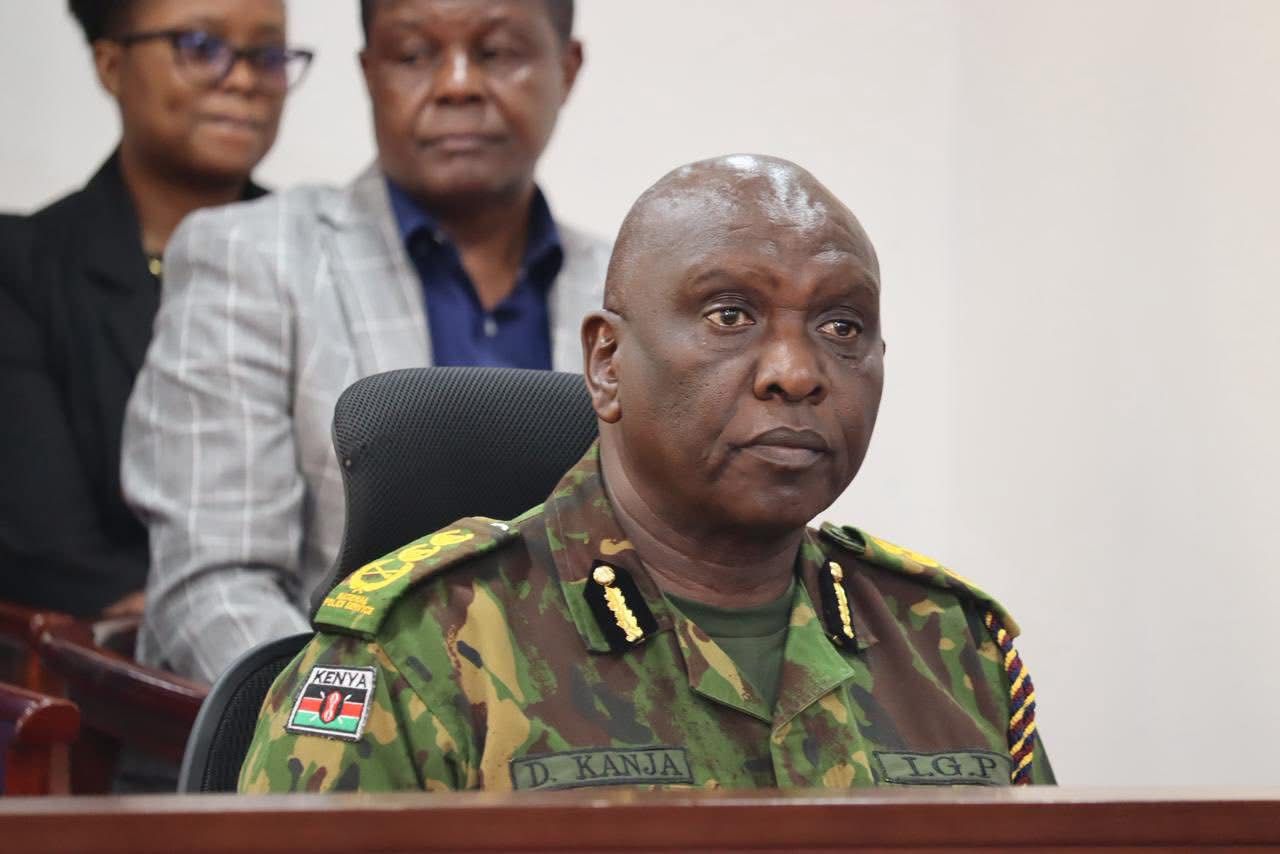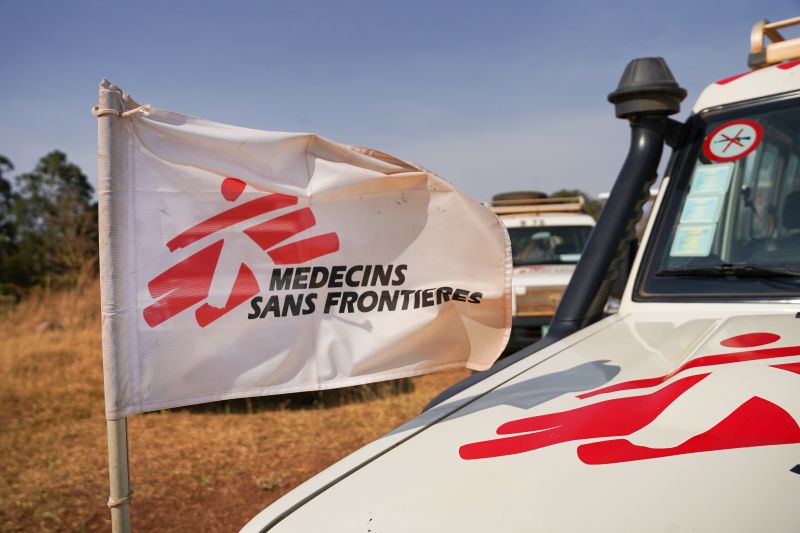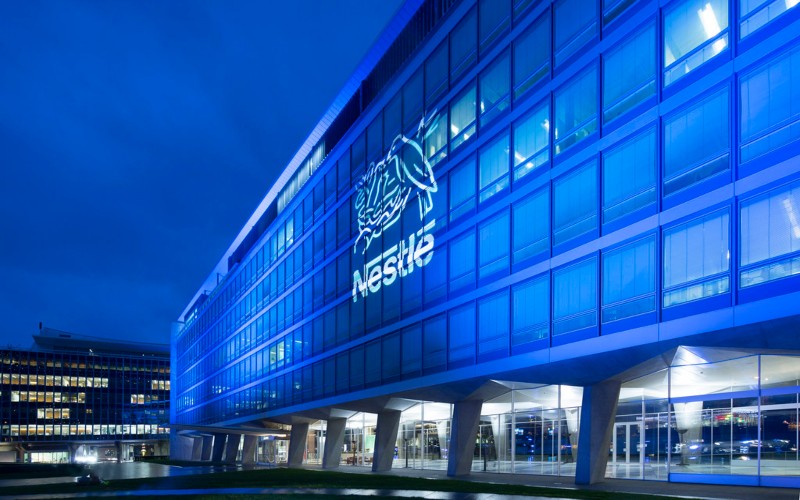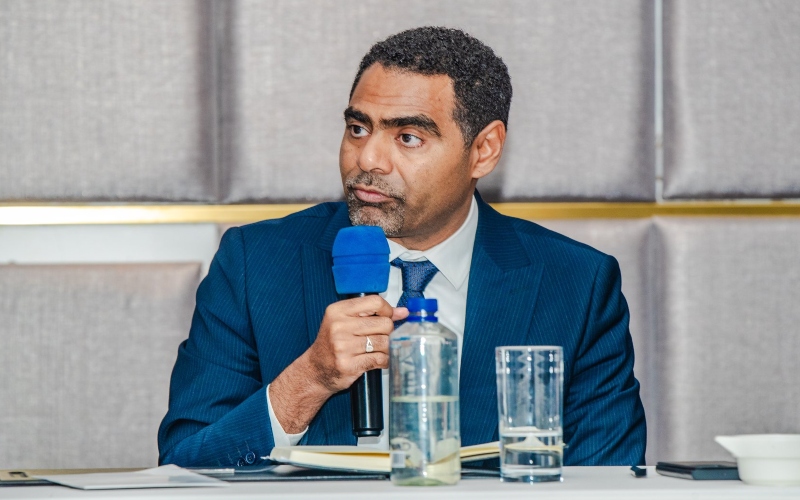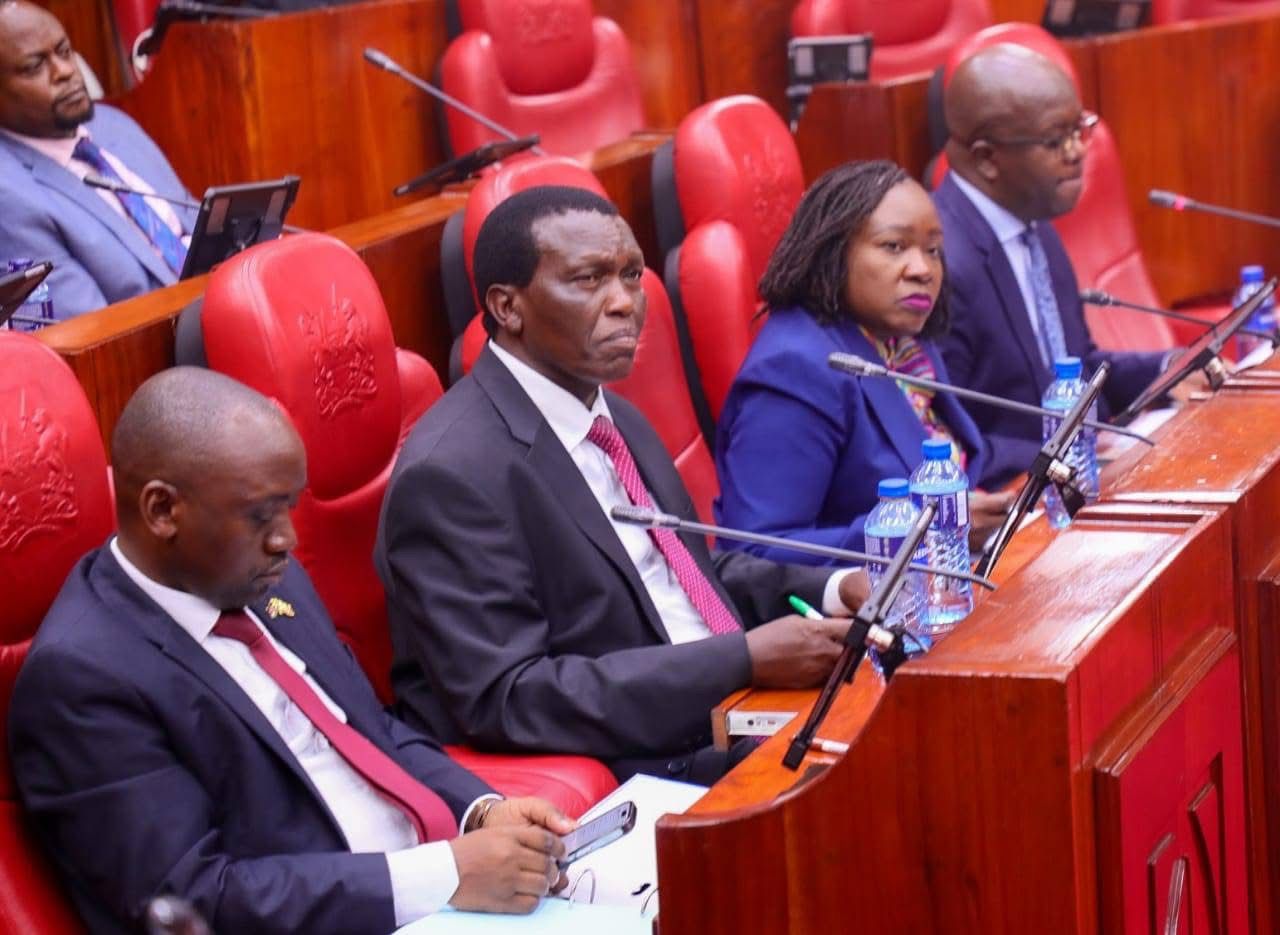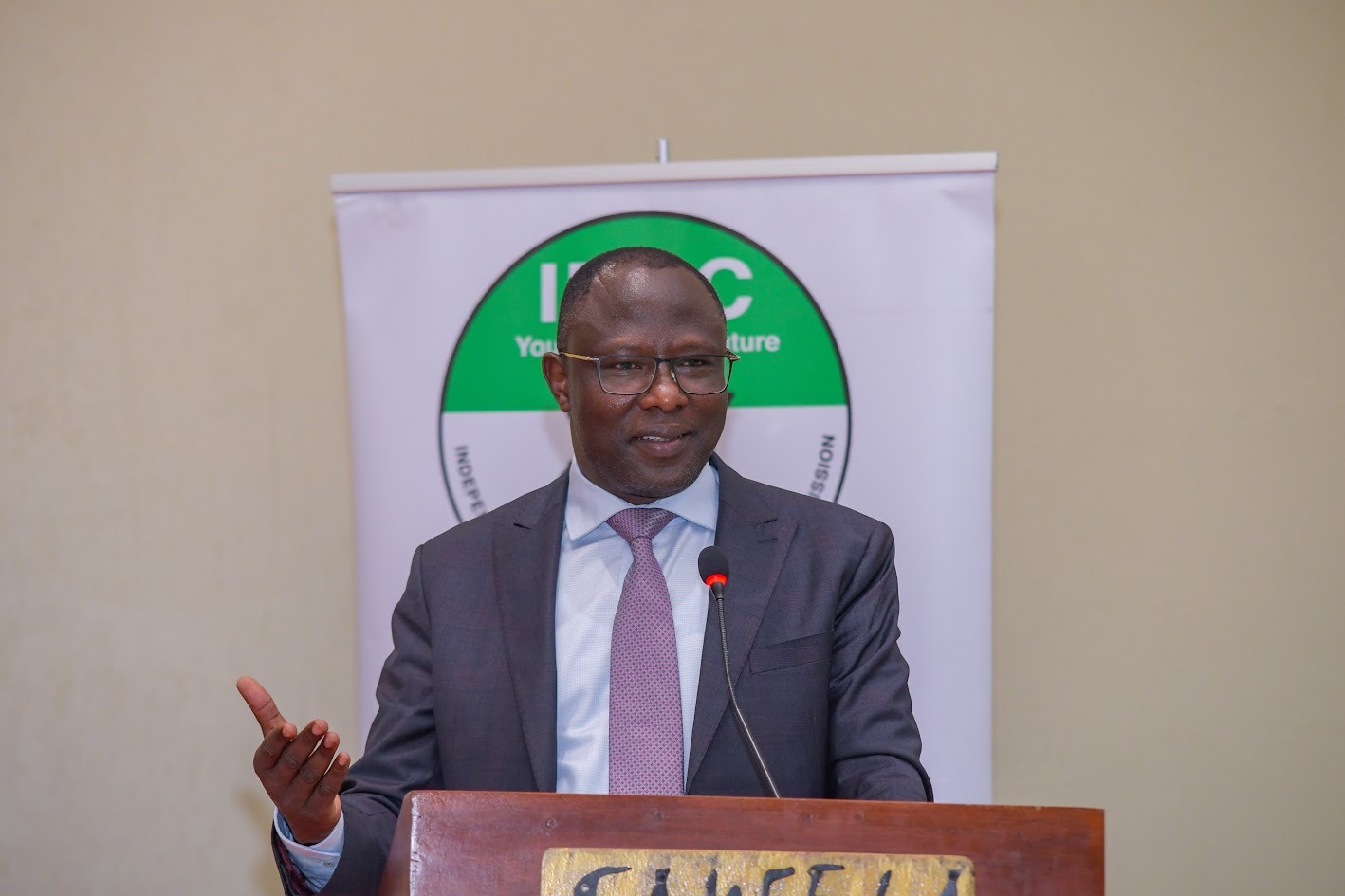KWS probes suspected poisoning of six lions in Maasai Mara
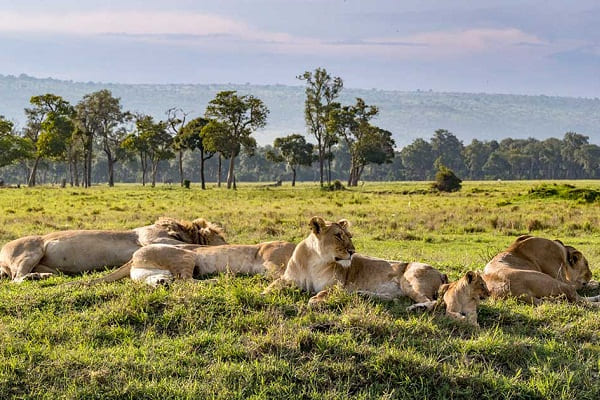
KWS said four of the animals have fully recovered, while the remaining two continue to receive close medical monitoring.
The Kenya Wildlife Service (KWS) has launched an investigation after six lions in the Oleisukut Conservancy, Maasai Mara, showed signs of poisoning.
In a statement on Monday, KWS said four of the animals have fully recovered, while the remaining two continue to receive close medical monitoring.
More To Read
- Maasai community sets aside 1 million acres to protect Amboseli ecosystem
- Tourism authority warns public over fake job scams linked to nonexistent lodges in Maasai Mara
- Garissa leaders warn poaching, foreign travel advisories threaten tourism
- KWS sets strict rules ahead of free national park entry on World Tourism Day
- Tourism Regulatory Authority revokes licenses of four tour operators in crackdown
- Missing fisherman Brian Odhiambo was last seen "unresponsive" in KWS vehicle, court told
“Our veterinary team responded swiftly, administering emergency treatment, stabilising the pride and relocating them to safety. Thankfully, all six survived,” KWS said.
The service emphasised that investigations into the source of the poisoning are ongoing and that the pride is under continuous observation.
“We reaffirm our commitment to safeguarding our wildlife heritage for current and future generations,” the service added.
The incident comes a day after thousands of Kenyans visited national parks and reserves on Saturday, September 27, 2025, to mark World Tourism Day. To celebrate, KWS waived entrance fees at selected parks, reserves and sanctuaries, allowing citizens free access.
According to KWS, 83,932 Kenyans visited various facilities across the country. The Nairobi Animal Orphanage recorded the highest turnout with 21,485 visitors, followed by Nairobi Safari Walk with 20,818. Other popular sites included Kisumu Impala Sanctuary (14,435), Nairobi National Park (6,431) and Hell’s Gate National Park (3,077).
The Wildlife Service highlighted the day as a celebration of Kenya’s rich wildlife and natural diversity.
“We extend our heartfelt appreciation to the local communities and service providers, from hiking guides and tour guides to boat operators and cultural hosts, whose contribution enriched the experiences of thousands of visitors,” KWS said.
The service added that World Tourism Day is not only about free entry but also a reminder that Kenya’s parks, reserves and sanctuaries belong to everyone.
“Conservation thrives when citizens and communities actively take part,” it said.
World Tourism Day, observed annually on September 27, was established in 1980 by the United Nations World Tourism Organisation (UNWTO) to highlight tourism’s social, cultural, political and economic value. Each year, the event reflects emerging trends and challenges in the sector.
Tourism remains one of the world’s largest industries, employing millions in transport, hospitality, culture and conservation.
This year, the one-day free entry offer, announced by the Ministry of Tourism and implemented by KWS, applied exclusively to Kenyan citizens and their vehicles from 6:00 am to 6:30 pm. Visitors above 18 years were required to present a valid national ID or passport for verification.
KWS had also set guidelines to ensure smooth facilitation at national parks, reserves, the Nairobi Animal Orphanage, Nairobi Safari Walk and Kisumu Impala Sanctuary. While access to the orphanage, safari walk and sanctuary was restricted to foot traffic, vehicles were allowed in all other sites.
Over 30 national parks, reserves and sanctuaries, including Amboseli, Tsavo East, Tsavo West, Nairobi National Park, Lake Nakuru, Mount Kenya, Aberdare, Meru and Shimba Hills, participated in the offer. Marine parks such as Malindi, Watamu, Kisite Mpunguti and Mombasa also drew large crowds.
Top Stories Today
